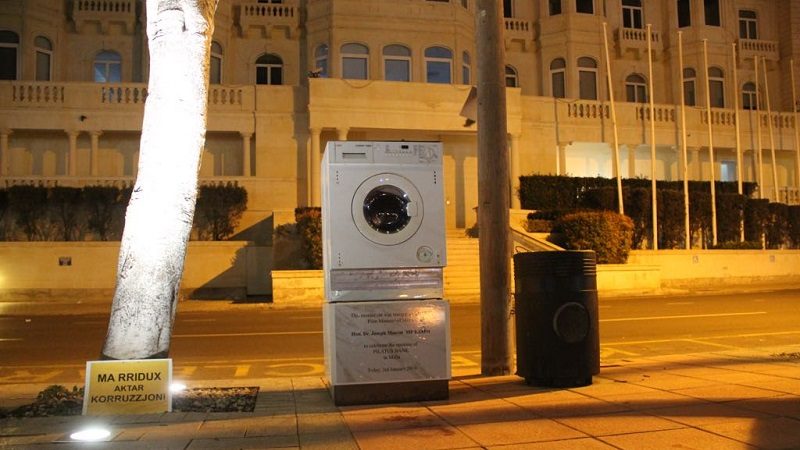Money laundering is one of the key ‘engines of crime’ sustaining global criminal business worth billions of dollars.
Criminals use money laundering techniques to make money that was acquired through illegal activity appear as if it was generated through legitimate and legal means.
They do this for a number of reasons: not to have crimes traced to them from the flow of money, to enjoy the proceeds of their crimes, and to “reinvest” the money in further crime.
This is why apprehending and imprisoning criminals and money launderers is not sufficient; their assets need to be seized and the proceeds of their crimes confiscated.
On a social, political and economic level, the results of money laundering are catastrophic.
First of all, it should be kept in mind that there is no crime without a victim or victims. Efforts to apprehend money launderers and stem their activity are key to achieving justice for the victim/s and to protecting society from further crime by the miscreants.
The cost to a country of unchecked money laundering eventually becomes high. The country’s democracy, governance, rule of law, law and order suffer, and its reputation on all levels deteriorates, as criminals start increasing their hold on politicians, key government officials, institutions, law and enforcement agencies and other government agencies and financial institutions.
This gradually leads to a decrease in foreign direct investment, distrust in the country’s financial services and an increase in all types of crimes.
And money laundering within a country does not just relate to proceeds of domestic crime but it could also derive from crimes committed elsewhere. This is facilitated by weak supervision and enforcement.
Even though the crime is committed thousands of miles away, it is still wrong and there are still victims. Increasing a country’s wealth by attracting proceeds of crime committed abroad is morally wrong and not seeing the victims doesn’t make it less wrong.
Criminality thrives on money laundering, and where this is rife, organised crime flourishes. Corruption, bribery of government officials for personal gain, usury, running of prostitution rings, drug trafficking, human trafficking, fraud, child pornography, sales of weapons, blackmail – any crime that yields financial proceeds, essentially most crime increases as a result.
And which law-abiding citizen would like to see criminality increase in his or her country?
Which law-abiding citizen would like to see democracy, rule of law, good governance, law and order and justice eroded in his or her country?
Money laundering eventually leads to nothing but trouble, trouble of the worst type. Money laundering is bad news for every single person in any country. This is exactly why we should all care and indeed worry whenever we hear the term money laundering. That is why no efforts should be spared in the fight against it.
(This is the first instalment of a short series of explainers on Money Laundering, compiled with input from top local and international professionals in the field)













